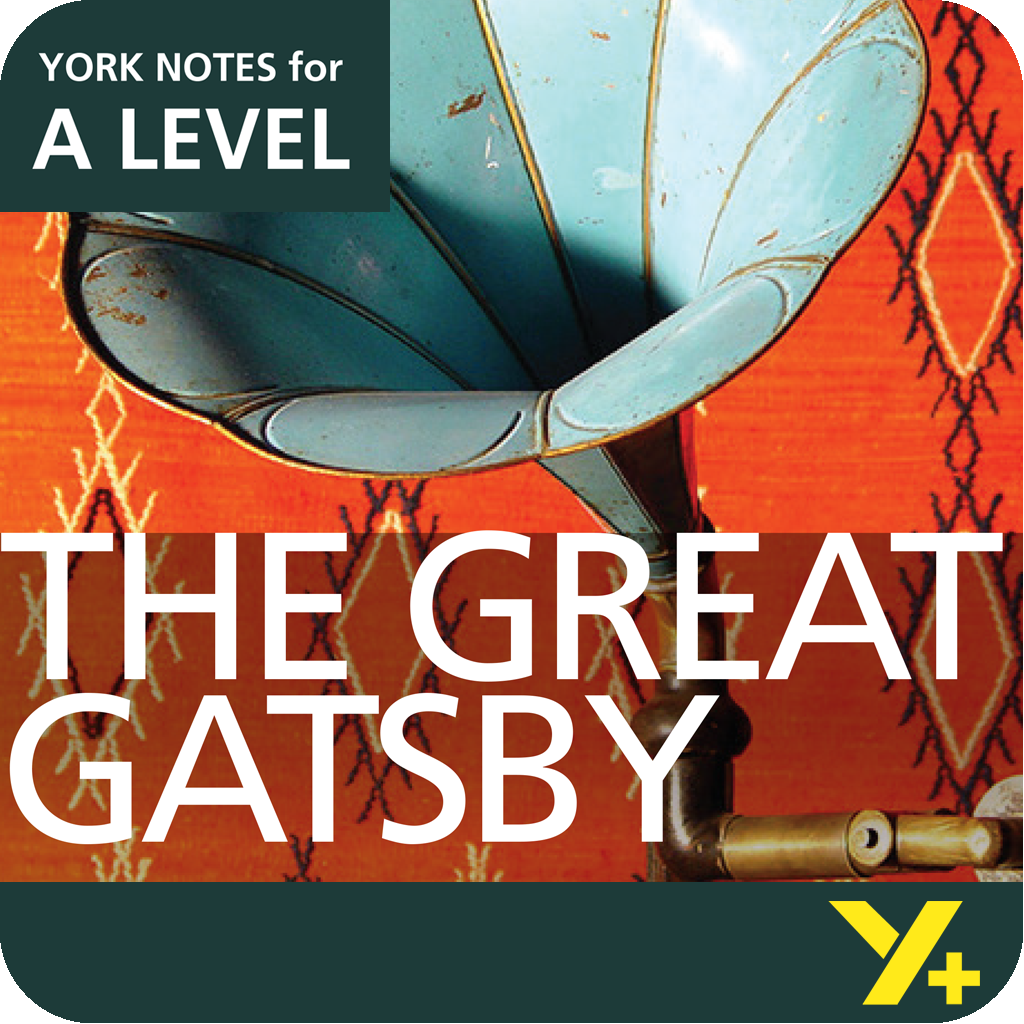Your Assessment
Read through the answer below and decide what level to give it. Use the Hints & Tips to help you make your assessment.
To improve the answer:
- Tighten the argument so it appears a thought-out and well-directed answer rather than a series of useful and more loosely related insights (AO1)
- Make more focused reference to historical and literary contexts. (AO3/AO4)
- Sharpen the sense of how a critical perspective shapes the interpretation of a text. (AO5)
By calling his novel ‘The Great Gatsby’, Fitzgerald was inviting us as readers to recognise that his book is a tragedy. Since the days of Ancient Greece, tragic drama has involved the downfall of a character, from greatness to suffering and, often, death. That downfall was usually due to a tragic weakness of character, or to a mistake made by the hero. Jay Gatsby is a man who seems to have it all in terms of material success, but he throws it all away. The way he does so reveals a flaw in his nature. When Nick points out to him, ‘You can’t repeat the past’, Gatsby replies, ‘Why of course you can!’ That belief lies at the heart of his central weakness.
In a sense Nick does repeat the past, by turning it into a story. That is ironic. But the flesh and blood reality of Jay Gatsby cannot be brought back to life after he has been murdered by George Wilson. Nick understands that and his melancholy sense of growing old colours the narrative. Nick knows that you can’t turn back the clock, and although he is only thirty he speaks as though he is older. He sees his own future as ‘the promise of a decade of loneliness’. It may be that bleak sense of his own life and prospects that attracts Nick to the story of Gatsby’s downfall.
Gatsby’s tragic end comes about because he identifies Daisy as the personification of his past, even though she is now married to another man and has a daughter. The fact that Daisy seems shallow and unworthy of Gatsby’s love makes his refusal to leave the past behind all the more ridiculous. It is as though he has put the past behind him once – when he changed his name from James Gatz and left his home in the Middle West and his parents – but he is unable to put the love he felt for Daisy Fay behind him. That weakness prevents a happy conclusion to the novel.
Nick is Daisy’s second cousin once removed but he does not hide the fact that she is a superficial person. This helps us to recognise that Gatsby was actually drawn to her lifestyle when he first met her. He became obsessed with the wealth and glamour she represented. But even when he has the trappings of wealth and glamour he doesn’t really live in the present. His tragic weakness is to remain trapped in that moment in the past when they met and he was exposed to another way of living: ‘He found her excitingly desirable.’
It is ironic that Gatsby’s own past is the subject of much speculation amongst people who scarcely know him. He is alleged to have killed a man, and to have been a German spy during the war. Because the past is no longer real you can say whatever you like about it. Only when there is still evidence can the historical truth be uncovered. Even then historians vary in their interpretations. Some view the 1920s in America as the Jazz Age, a time of parties and heavy drinking; but it was also the time of Prohibition, when selling alcohol was against the law, and it was the age of the Lost Generation, people drifting through life aimlessly in the wake of the First World War.
Nick collects evidence about Gatsby and tells a story he believes to be true, but even so there are lots of questions still to be answered. For example, is Gatsby really ‘great’? But also is Nick reliable? If the narrator can’t be trusted then what can we really know about the past? And if Gatsby is not great can he really be called a tragic hero? Perhaps what Nick is telling us is just a reflection of his own obsessions. Perhaps Gatsby was just deluded and self-dramatising, in which case the lack of a happy conclusion is essentially his own fault.
How could this story have ended happily? Myrtle might have lived, gone West with her husband George and started a fresh life. Nick and Jordan might have formed a meaningful relationship. Tom and Daisy might have found ways to make their marriage happier and less patriarchal. But Gatsby, fixated on the past, stands no chance of finding happiness. In fact the only really satisfactory conclusion in this novel is that Nick has gone back home to the Middle West and has settled down to writing. In composing this story he has fulfilled a dream of being a writer. ‘I was rather literary in college’, he tells us. From the point of view of narrative theory it is possible to say that as a consequence of Gatsby’s death Nick is able to fulfil his own desire to write a book. In light of that argument ‘The Great Gatsby’ is not a tragedy but the story of a dream fulfilled. We might conclude that the dream belonged to F. Scott Fitzgerald as well as to Nick Carraway.
